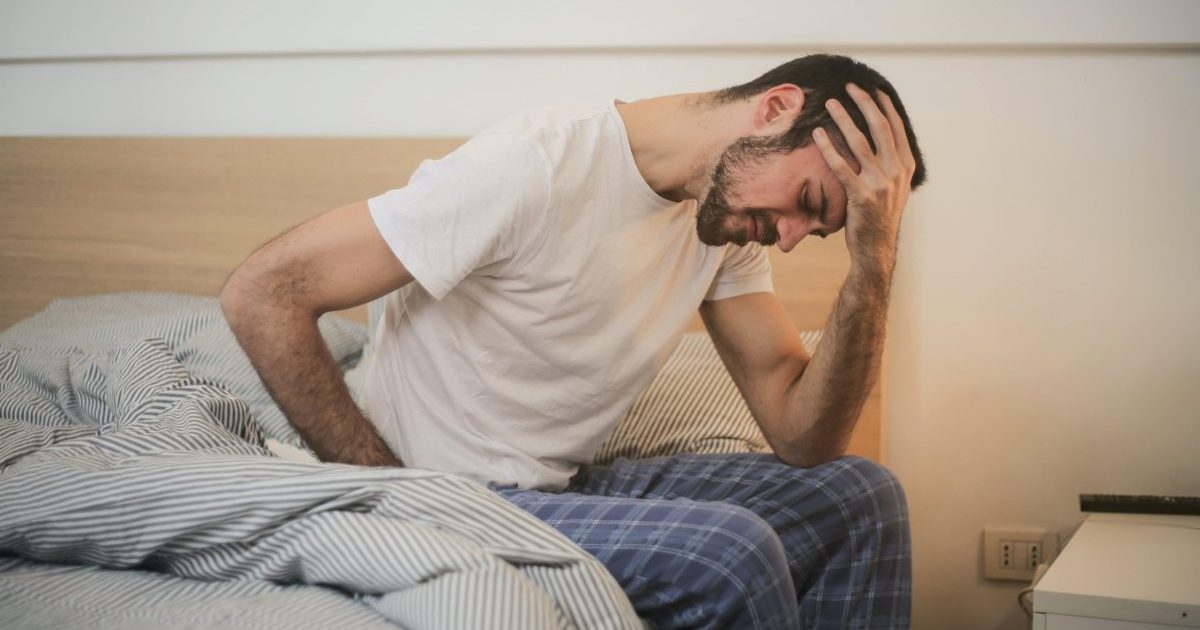How to Deal with Health Anxiety.

Health anxiety disorder, commonly referred to as hypochondria, is a specific type of anxiety disorder whereby a person will spend excessive amounts of time worrying about their health. In addition to the stress caused, health anxiety can impact the quality of a person’s life by causing them to avoid certain activities or withdraw from social life.
People with health anxiety disorder will often assume that normal bodily functions or minor issues are actually a sign of a major problem. They can become obsessed over the smallest details, convincing themselves that it represents a far more serious, unknown threat. Below are several ways a person can tackle health anxiety, and adopt a more grounded and realistic outlook to their health.
Track Your Thoughts
It is easier to put things in perspective when we can quantify them. If we sleep eight hours a night, that’s about a third of our life, which is normal. If we want to spend money, we often think about how many hours of work the price represents to judge if the value is good or bad. By keeping a diary of every time they experience health anxiety, a person can get a clear visual representation of their thought processes, which can help them realise that they are most likely overreacting and spending too much time dwelling on something small.
Play Devil’s Advocate
We all know the value of an outside perspective, and it is common for people with health anxiety to ask others if they should be concerned, or if what they are experiencing is “normal”. By using the diary, or making a list of their supposed symptoms, a person with health anxiety can quickly realise how easy it is to write of most of their worries. Common symptoms like headaches are nearly universal. More worrying symptoms like blood in the stool could simply be a matter of diet. By making a list, people can break their worries down and realise that each little problem is probably quite easy to deal with.
Distract Yourself
Quite simply, the less time we have to think about something, the less we will. When our minds have nothing to occupy our attention, they will look for something to do so. And since our bodies are always nearby, fixating on every little niggle is an easy choice. By giving yourself a more engrossing task, your mind won’t have time to notice the niggles, let alone worry about what they could mean. To learn more about this, check out our blog on dealing with ruminations.
While taking care of our health is important, constantly worrying about it will do more harm than good. If you are concerned about something in particular, you should visit your GP. But if every visit just makes way for a new health concern, you may find more value in speaking with a therapist to learn how to separate genuine concerns from needless worry.
If you believe you are dealing with health anxiety and want to talk, please contact us today.
